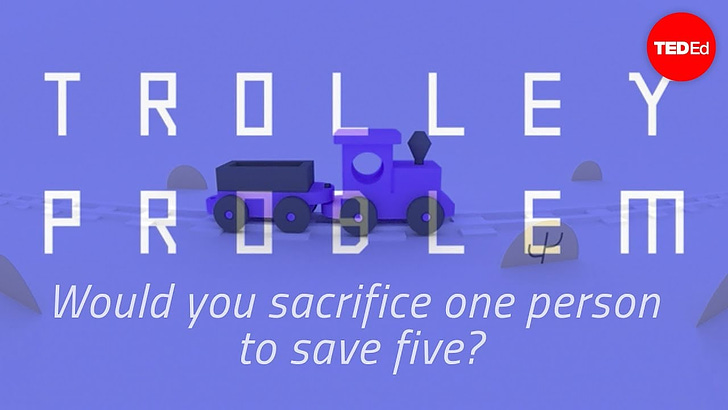Public officials have faced certain trade offs when considering whether to implement lockdowns to limit the pandemic. They have had to weigh up the public health related merits of lockdowns against the negative economic impacts.I'm not advocating a particular policy position, only instead a curiosity about the ethical beliefs and frameworks that play a role in these decisions. One such framework that is useful to add to you mental model latticework is called utilitarianism.
What is utilitarianism?
Utilitarianism can be thought of as an ethical system. Utilitarianism is focused on achieving the greatest amount of good for the greatest number of people.
There are three principles that serve as the basic axioms of utilitarianism. (An axiom is a statement or principle that is generally accepted to be true).
The Three Generally Accepted Axioms of Utilitarianism
Pleasure, or happiness, is the only thing that has intrinsic value.
Actions are right if they promote happiness, and wrong if they promote unhappiness.
Everyone’s happiness counts equally.
- Three Axioms of Utilitarianism
Why is this interesting?
Utilitarianism seems simple in theory but like many things - it can be bit more complicated in practice. It helps to use a thought experiment. This is one of my all time favorites:
The Trolley Problem
There is a runaway trolley barreling down the railway tracks. Ahead, on the tracks, there are five people tied up and unable to move. The trolley is headed straight for them. You are standing some distance off in the train yard, next to a lever. If you pull this lever, the trolley will switch to a different set of tracks. However, you notice that there is one person on the side track. You have two options:
Do nothing and allow the trolley to kill the five people on the main track. Pull the lever, diverting the trolley onto the side track where it will kill one person.
What is the right thing to do?
Want to go deeper?
🔖 Utilitarianism is just one way of looking at ethics, and is most interesting when compared to other ethical systems. This is a nice broader introduction – Stanford Encyclopedia of Philosophy: Deontological Ethics.
🔖 When medical resources are limited, who should get care first? Great thought provoking article from early last year.
🔖 Want more thought experiments? Yes I love them too.
📖 Still one of my favorite books of all time - Jon Haidt's The Righteous Mind.
🔖 The Great Thinkers site also has excellent deeper posts, here's one on John Stuart Mill.
Got comments?
I love hearing your reactions! Do you find utilitarianism appealing or not? Do you think you'd pull the lever or not?
📧 Reply to this email
🐦 Tweet @juliaclavien
Thanks for reading MM Weekly. If you enjoy this newsletter, you can support it by 👉 sharing it with a friend.



